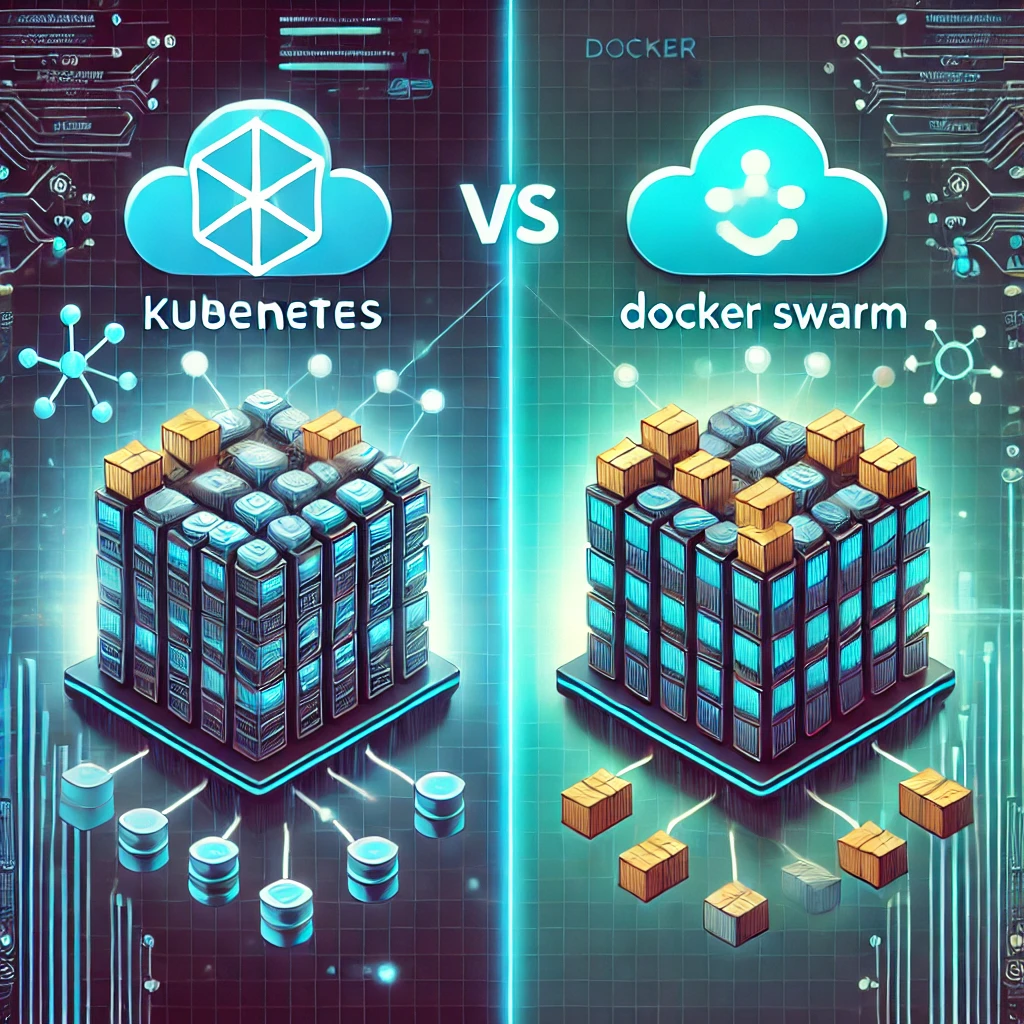Container orchestration is essential for managing modern applications, and two of the most popular tools in this space are Kubernetes and Docker Swarm. Both offer powerful features, but they cater to different use cases. This blog will explore their key differences and determine which is better for container orchestration.
Key Differences Between Kubernetes and Docker Swarm
- Ease of Setup and Configuration:
- Kubernetes: Complex to set up, requiring multiple components and configurations.
- Docker Swarm: Easier to set up with simple commands and configurations.
- Scalability:
- Kubernetes: Designed for high scalability with automated load balancing and advanced scaling features.
- Docker Swarm: Scales quickly but lacks advanced scaling capabilities compared to Kubernetes.
- Load Balancing:
- Kubernetes: Offers built-in service discovery and advanced load balancing.
- Docker Swarm: Provides simple internal load balancing but lacks Kubernetes’ flexibility.
- Networking:
- Kubernetes: Uses a flat networking model with multiple networking plugins.
- Docker Swarm: Uses an overlay network that is simpler to configure.
- Storage Management:
- Kubernetes: Supports persistent storage using multiple backends like AWS EBS, Azure Disks, and NFS.
- Docker Swarm: Supports persistent storage but with fewer options.
- Security:
- Kubernetes: Offers robust security features, including RBAC (Role-Based Access Control) and secrets management.
- Docker Swarm: Has basic security features but lacks fine-grained access control.
- Community and Ecosystem:
- Kubernetes: Backed by a vast community with extensive documentation and support.
- Docker Swarm: Has a smaller community and fewer integrations compared to Kubernetes.
Which is Better for Container Orchestration?
The choice between Kubernetes and Docker Swarm depends on your needs:
- Choose Kubernetes if you need:
- Advanced orchestration capabilities.
- High availability and scalability.
- Strong security and enterprise-level features.
- A large ecosystem with strong community support.
- Advanced orchestration capabilities.
- Choose Docker Swarm if you need:
- A simple and quick setup.
- Lightweight orchestration for smaller applications.
- A solution that integrates seamlessly with Docker.
- A simple and quick setup.
Conclusion
Kubernetes is the industry standard for container orchestration due to its robust features, scalability, and strong security. However, Docker Swarm remains a great choice for simpler deployments where ease of use and speed are the primary concerns. Ultimately, the right tool depends on your specific use case and operational requirements.

Leave a Reply